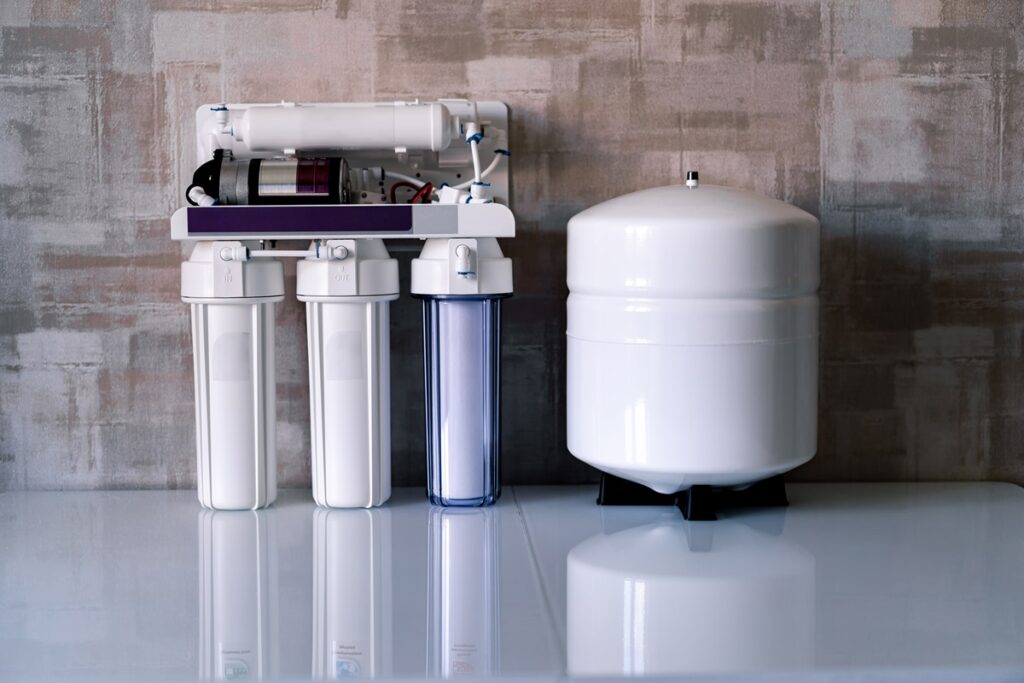Clean water is very important for good health, but many people drink water with harmful things in it without even knowing. A Water Filter can remove these harmful things, giving you safer and better-tasting water for everyday use. Knowing how water filters work and why they are important for your health can help you choose the best water for drinking. Knowing the advantages of filtered water allows you to make smart decisions that help you and your family live healthier lives.
The Basics of How Water Filters Function
Water filters clean water by moving it through special materials that catch dirt and other unwanted things, giving you clean and safe water. These filters use various techniques, e.g., activated carbon, reverse osmosis, and ion exchange, to target different kinds of contaminants. For example, activated carbon grabs chemicals like chlorine and pesticides, while reverse osmosis filters take out bigger particles and harmful germs.
Some water filters have extra layers that focus on removing certain contaminants, improving the filtering process. This multi-step method not only makes the water taste better but also gets rid of harmful things. The Water Filter you pick can work differently based on how it filters and the water quality it’s used on.
Health Benefits of Using Water Filters
A water filter offers important health advantages by eliminating harmful substances that could cause long-term problems. Filtered water doesn’t have pollutants such as lead, mercury, and bacteria, which can be dangerous if you drink them often. Drinking filtered water lowers your risk of exposure to these harmful substances, which is especially important for kids and people with weaker immune systems. The Environmental Protection Agency has stressed the need to eliminate lead from drinking water to prevent developmental problems in children.
Filtered water usually tastes better, making people drink more of it. This is important for staying hydrated, which helps with body functions, skin health, digestion, and energy. Having clean, filtered water at home helps avoid harmful things in unfiltered water, leading to a healthier life. The CDC’s guidelines on water quality also explain why water filtration is important.
Types of Water Filters and Their Applications
Carbon filters are very common and work well to remove chlorine and make water taste better. You usually find them in water pitchers and faucet attachments. On the other hand, reverse osmosis systems provide a more complete filtering process and are often installed under the sink. These systems are especially helpful for homes that want to remove contaminants like fluoride and nitrates.
Some portable water filters come in water bottles, which are convenient for those people who are always on the go. Such filters purify water from any source and, thus, can be ideal for any trip or outdoor activity. Which filter to use would depend on your water quality and lifestyle. Each type of filter would catch specific impurities and may have its advantages.
Why Water Filters Are Essential for Healthier Living
Water filters have become crucial for keeping a healthy lifestyle as worries about water pollution grow. City water supplies might have small amounts of harmful things that can build up in the body over time. Water filters give extra safety, ensuring you and your family can drink cleaner, safer water. A good water filter lowers the chance of getting sick from bad things in the water and helps improve your overall health.
In addition to improving personal health, water filters help protect the environment by decreasing the use of bottled water. When more people drink filtered tap water, there is less need for single-use plastic bottles, which helps reduce plastic waste. Choosing a water filter is an easy way to promote better health and environmental awareness, benefiting individuals and the planet.



